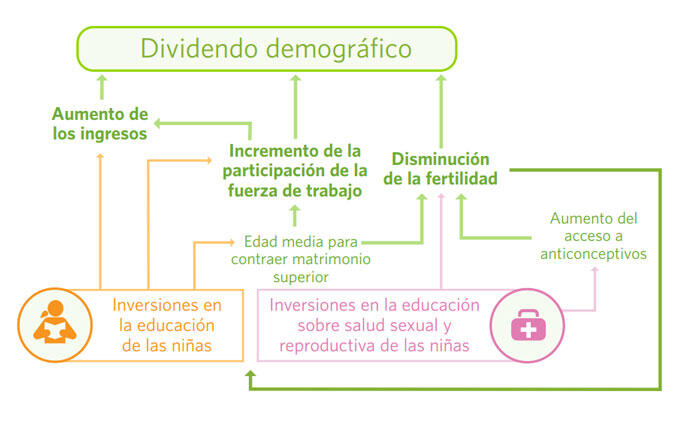August 17, Changsha- With support from UNFPA China and the Chinese Maternal and Child Health Association (CMCHA) under National Health and Family Planning Commission, a health education workshop on natural delivery was held Changsha. 30 nurses and community workers from 6 project sites in Hunan Province participated in the training. Experts on maternal health and health education from Beijing and Changsha were invited to provide comprehensive training to help these frontline workers to communicate messages on natural delivery more effectively to the pregnant women, families and their communities.
The lack of effective health education on natural delivery among mothers-to-be and their families have contributed to unnecessary obstetric intervention such as excessively high caesaren section rate. In China, every year nearly half of 13 million new born babies are delivered through caesaren section. According to a WHO (World Health Organization ) global survey on maternal and perinatal health in 9 countries in Asia published in Lancet in 2010, almost half (46.2%) of all babies born in China during the survey period were delivered by caesarean section. One quarter of these operations – the highest proportion in the region – were undertaken for reasons not purely medical. Undertaking such procedures without medical reasons expose pregnant women and babies with much higher health risks and inefficient use of health care resources.
Mr. Peng Zhonghua, the Deputy Director from Human Provincial Health Department emphasized the importance of this workshop. He acknowledged that the current prenatal health education programmes offered through community-based Schools for Pregnant Women have many limitations, such as the lack of knowledge and skills on prenatal care and participatory communication techniques. “We will put the rate of natural delivery into the evaluation system for hospitals and scale up the good practices from project hospitals in the province,” said Mr. Peng. He announced that the rate of C-section in Hunan in the first half of 2013 was 0.88% lower than the previous year and pointed out that the situation needed to further improve.
The workshop started with provision of knowledge of antenatal care and delivery to enhance the participants’ understanding of the “scientific” aspects of the health education messages with regard to natural delivery promotion. More importantly, practical sessions on interpersonal communication were provided with demonstration at the workshop. To put learning into practice, participants were encouraged to deliver trial sessions in various formats, including one-to-one communication, group discussions and informal lectures with visual aids.
At the end of the workshop, participants from communities and hospitals discussed how to improve the curriculum in pregnant women’s schools in the future. Wang Hua, deputy director of the Maternal and Child Hospital of Hunan Province, said that the right messages and knowledge would help families to make the right decisions. “One pregnant woman from a village once told me proudly that since her family was better off now, she could afford to have C-section like people living in cities do. We need to inform women like her that C-section should not be a preferred way of delivery without medical reasons,” she explained.
Jiang Can, a community service provider from Xiangtan City was very excited throughout the training. “We can do more for our clients with the skills learnt from the workshop,” Jiang commented. “I will also pass what I learn to my colleagues so that they will be more qualified to do the work.” She proposed to increase the frequencies of health education sessions from once every quarter to once every month in the pregnant women’s school in their community.
Mr. Peng Jiong, Assistant Representative from UNFPA China, emphasized at the workshop that the right to health is a basic human right that every woman and baby should enjoy. He reiterated that UNFPA is committed to work with CMCHA and the Provincial Government of Human to promote natural delivery and to reduce C-section rate. He said that interventions are not only needed among families and communities through health education, but also within the health sector as the supply side.
This workshop was one of the UNFPA-supported activities under the joint pilot programme launched together with CMCHA and the provincial government of Hunan in 2011. In addition to promote health education on natural delivery, the project aims to advocate for improved resource allocation and formal inclusion of midwifery curriculum and certification in medical education systems. UNFPA and CMCHA will advocate for the nation-wide scaling up of the experiences gained in through this project in Hunan province.


